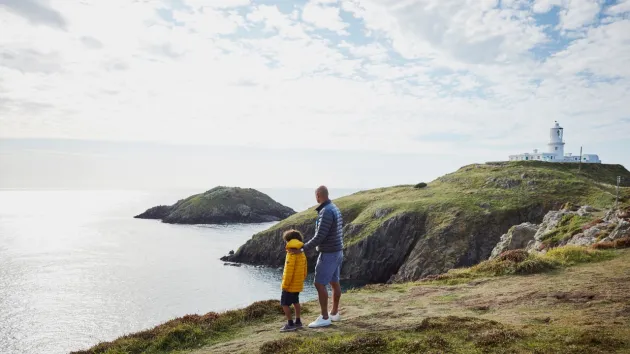
A Bill to give local authorities the option to introduce a small visitor levy in their area to re-invest in local tourism, is today introduced by Finance Secretary Mark Drakeford.
The Visitor Accommodation (Register and Levy) Etc. (Wales) Bill proposes that people staying overnight in Wales and enjoying everything the country has to offer will pay a small charge. The money raised will support local tourism activity and infrastructure.
The introduction of the legislation marks the delivery of a key Programme for Government commitment and will help to invest in the future of Wales as all visitors staying overnight would contribute to the preservation of the country’s beauty and heritage.
It would provide local communities the opportunity to generate additional revenues. If all Welsh local authorities choose to introduce a visitor levy, it is estimated it could generate up to £33 million a year.
The levy would be set at:
- 75p per person per night for people staying in hostels and on campsite pitches.
- £1.25 per person per night for those staying in all other accommodation types.
The legislation also includes a requirement to establish and maintain a register of visitor accommodation in Wales, which would – for the first time – provide a register of the broad range of visitor accommodation available across the country.
Local authorities will decide if they want to introduce a levy in their area, based on what is best for their communities. It is estimated the earliest this could happen is 2027 after a local authority has consulted their community.
Visitor levies are used successfully in many parts of the world, including Manchester, Greece, Germany, Netherlands, Spain, Portugal and California. The funds raised are used to support a healthy visitor economy by protecting and investing in the infrastructure and services guests enjoy.
For further information please select the following link: “A small contribution that could make a big difference” – Legislation introduced to support a thriving, sustainable tourism industry in Wales | GOV.WALES
